What is the real reason why your muscles get tired and get stuck?

by
There are many reasons why muscles become tired: “Accumulating lactic acid” and “Depleting energy”, but in fact there are other causes. The truth is why muscles get tired? The educational channel TED-Ed has released an easy-to-understand animation.
The surprising reason our muscles get tired-Christian Moro-YouTube
If you are doing muscle training, you can easily hold a heavy lift at first, but ...

If you repeat the number of times, you will not be able to lift someday.

This is because the muscles that lift the objects cannot contract.
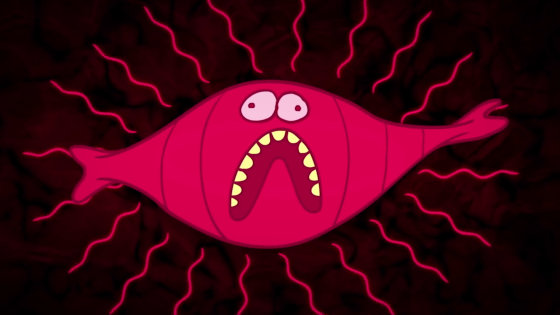
Why do muscles get tired? Answers such as “Accumulating lactic acid” and “Depleting energy” are common answers, but in fact, this is not the only cause of muscle fatigue.
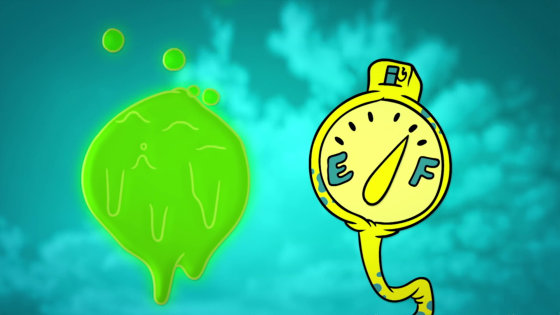
One of the main causes of muscle fatigue is the ability of muscles to respond to signals coming from the brain. In order to know the cause of muscle fatigue, it is first necessary to understand how muscles respond to signals from nerves and cause muscle contraction.
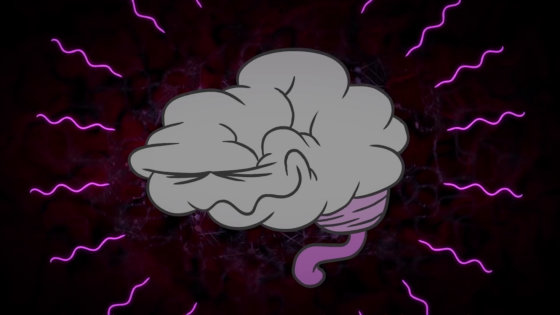
Signals from the brain are sent to muscles in an instant through cells called
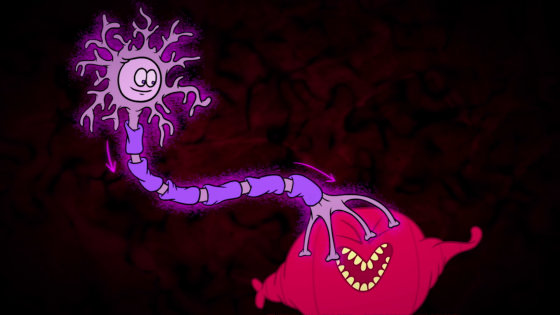
There is a slight gap between the motor neuron and the muscle cell, and the exchange of particles through this gap enables muscle contraction.
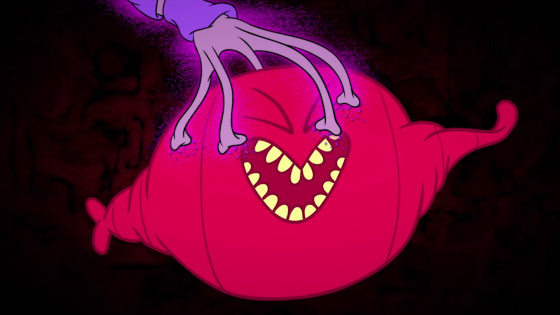
Motor neurons release
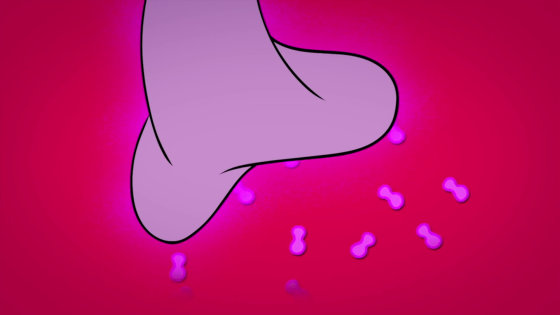
On the muscle side, there are sodium ions outside the muscle cell membrane and potassium ions inside.
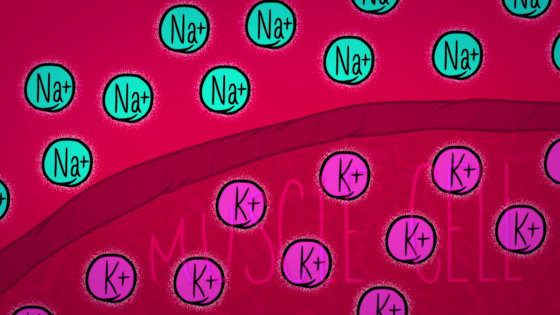
When the brain sends a signal ...
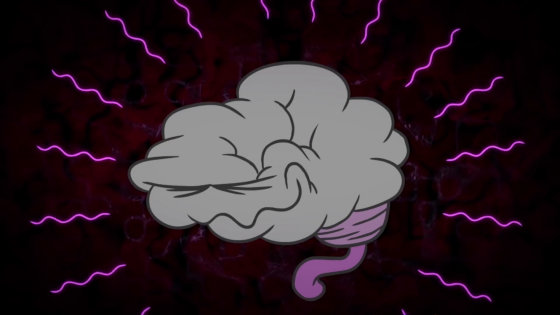
In response to the released acetylcholine, the pores of the muscle cell membrane open.
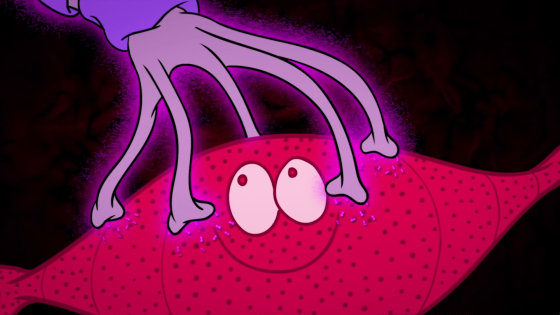
Then, it flows into sodium or cell membrane, and potassium is released. As the
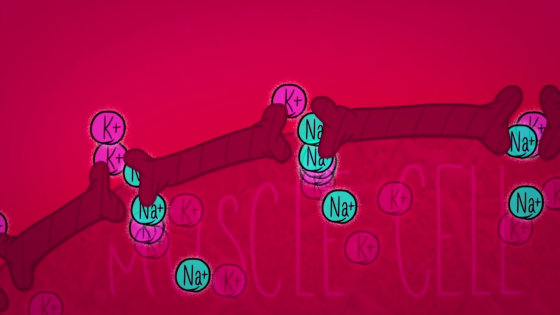
This release of calcium binds the proteins in the muscle fibers and causes contraction.
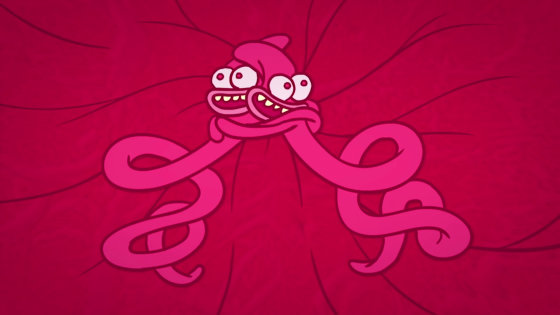
The energy required for muscle contraction comes from a molecule called
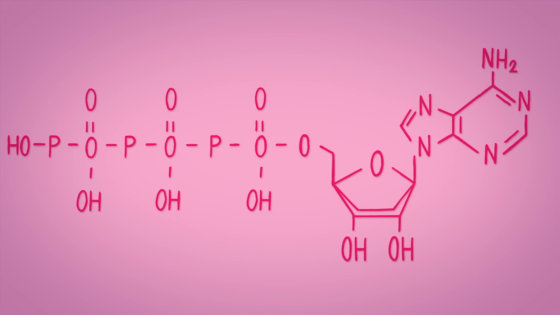
With the energy of ATP, sodium ions and potassium ions can move in the direction opposite to that during contraction, which restores the balance between the two.
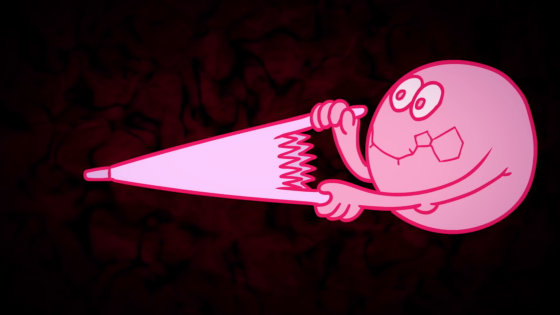
This process is repeated every time the muscle contracts, but when the energy from ATP is exhausted, waste products such as lactic acid are produced, and some ions flow out of the muscle cell membrane.
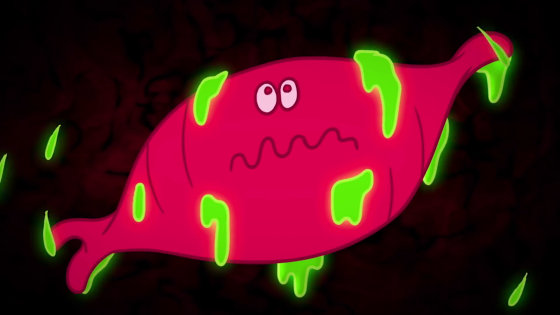
Muscle cells use up ATP every time they contract, but they keep making ATP, so they don't use up their energy even in severe muscle fatigue.
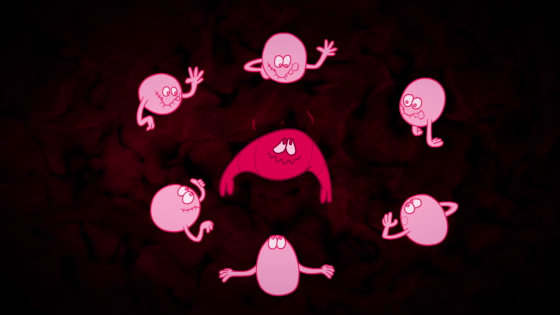
In addition, the muscle cell tissue effectively removes waste products such as lactic acid, so the
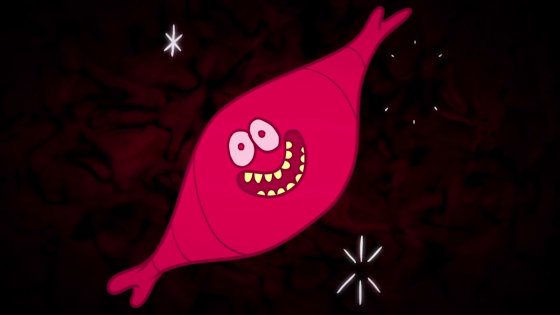
However, as muscle contraction is repeated, the concentration of ions such as potassium, sodium, and calcium will eventually decrease, and the amount of ions that can be obtained immediately will be insufficient, preventing the system from functioning properly.
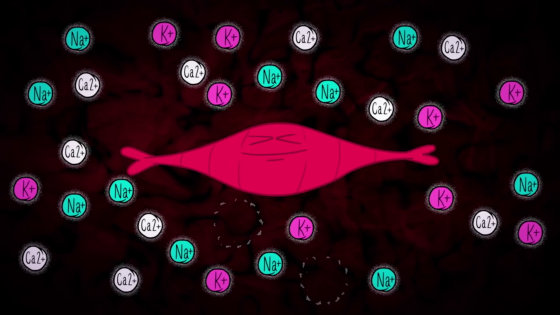
So even if the brain sends a signal ...
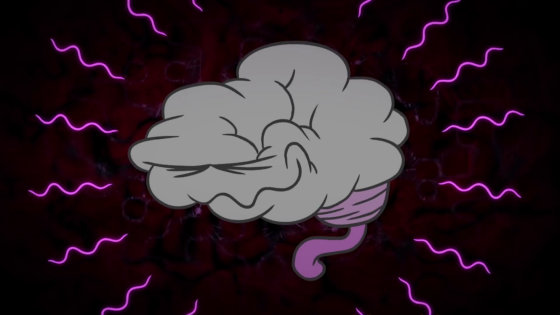
Myocytes cannot produce the action potential necessary for contraction.
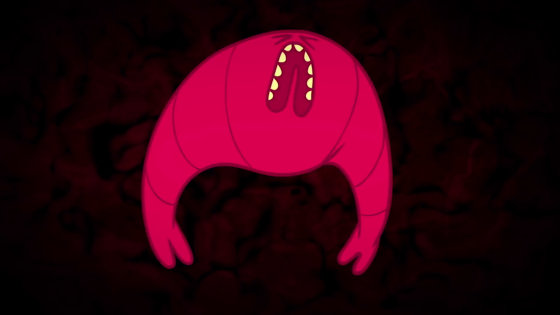
However, even if sodium, potassium, and calcium ions are exhausted in and around muscle cells, these ions are abundant elsewhere in the body and return to where they are needed over time. I will continue.

In other words, when you stop moving and take a break, ions are replenished into your muscles and muscle fatigue is eased.

The more you exercise regularly, the longer it takes for your muscles to get tired. The more muscles are strengthened, the lower the number of times the brain repeatedly sends nerve signals to contract the muscles, even when lifting heavy objects.
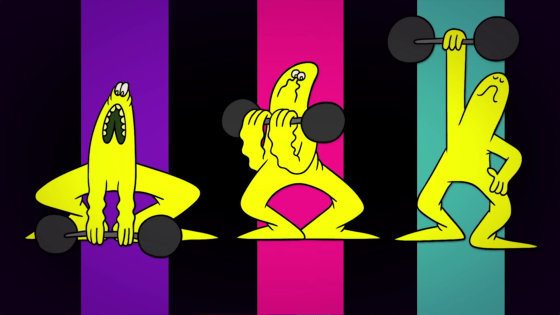
As the number of times nerve signals are sent decreases, ion depletion is less likely to occur, so the more you train, the longer you can exercise.
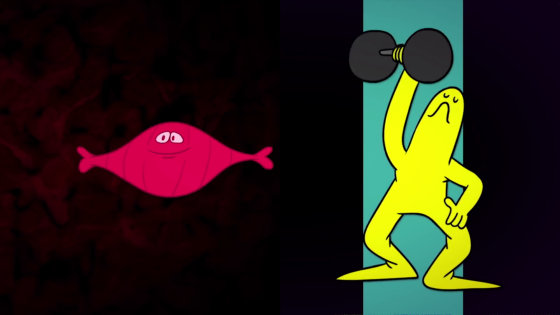
The bigger your muscles, the more ATP you can store, the more you can get rid of the waste, and the more you can delay fatigue.

Related Posts:







